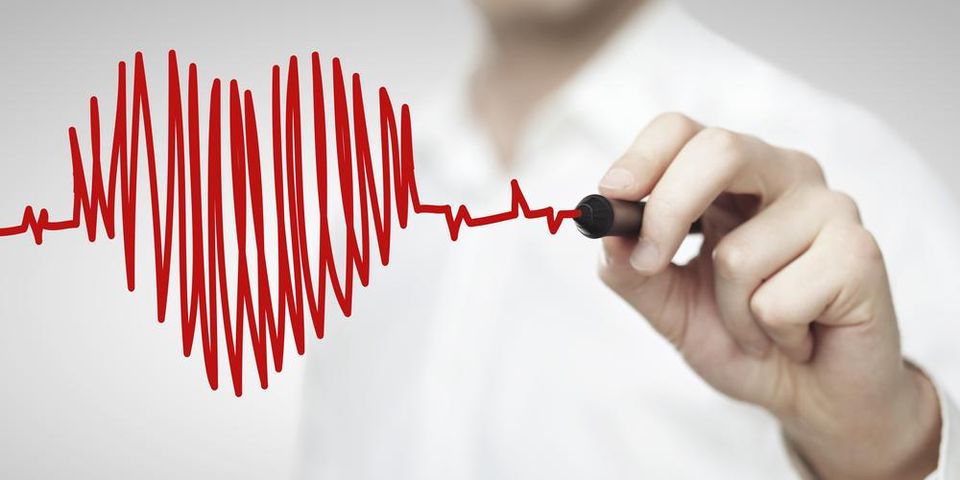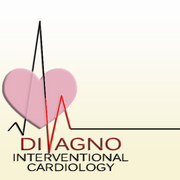5 Bad Habits That Can Impact Heart Health

While breaking bad habits like smoking and eating the wrong foods can be difficult, doing so is crucial for your heart health. It is especially critical when considering how many adults are impacted by cardiovascular issues. According to the Centers for Disease Control and Prevention, 610,000 people succumb to heart disease on a yearly basis. While this statistic is sobering, there are, fortunately, numerous changes you can make to significantly reduce the risk.
What Is Negatively Impacting Your Heart Health?
1. Leading a Sedentary Lifestyle
An active lifestyle is key to good health. Unfortunately, many are stuck behind a desk all day, which can contribute to cardiac issues. If you’re not getting enough exercise, break up your day with incremental walks or invest in a standing desk. Even a brisk 30-minute walk once a day or standing for 15 minutes every hour can do wonders for your heart—and overall well-being.
2. Being Stressed
Stress is often easily triggered and difficult to control. However, keeping negative emotions and anger at bay is essential to remain happy and healthy. Talk about your problems with a trusted friend or family member, and make time for hobbies and relaxing, meditative activities, such as art, yoga, or relaxing with a book.
3. Eating Too Much Salt
 Processed foods tend to contain a lot of sodium. As such, even if you don’t add extra salt to meals, your sodium levels may still be high. Combat this by preparing your own meals, steering clear of processed and fast foods, and making it a point to read labels on the items you eat. Healthline.com recommends that a person’s daily intake of salt should be less than 1500 mg, and not exceed 2300 mg.
Processed foods tend to contain a lot of sodium. As such, even if you don’t add extra salt to meals, your sodium levels may still be high. Combat this by preparing your own meals, steering clear of processed and fast foods, and making it a point to read labels on the items you eat. Healthline.com recommends that a person’s daily intake of salt should be less than 1500 mg, and not exceed 2300 mg.
4. Drinking & Smoking
Drinking alcohol and smoking are two bad habits that can take years off your life. If you drink, doing so in moderation will lessen your risk of heart disease. Smokers are advised to quit, as the habit causes arteries to narrow, and it increases the risk of developing heart disease.
5. Not Sleeping Enough
Along with a healthy diet and moderate exercise, your body needs proper rest to thrive. Skimping on sleep can have a detrimental effect on a person’s well-being, as it can lead to an increase in cortisol levels—a hormone known to increase stress. For most adults, getting at least seven to eight hours of shut-eye is vital to staying healthy.
At DiVagno Interventional Cardiology, MD, PA, preserving optimum heart health is a priority. Serving patients in Rochelle Park, NJ, Dr. Leonard DiVagno and his dedicated team provide crucial information on how lifestyles affect well-being. They also offer essential medical services like cardiac MRI and coronary artery intervention. If you’d like to schedule an appointment for cardiac testing, call (201) 845-3535. You can also learn more about this team of world-class doctors by visiting the website today.
About the Business


